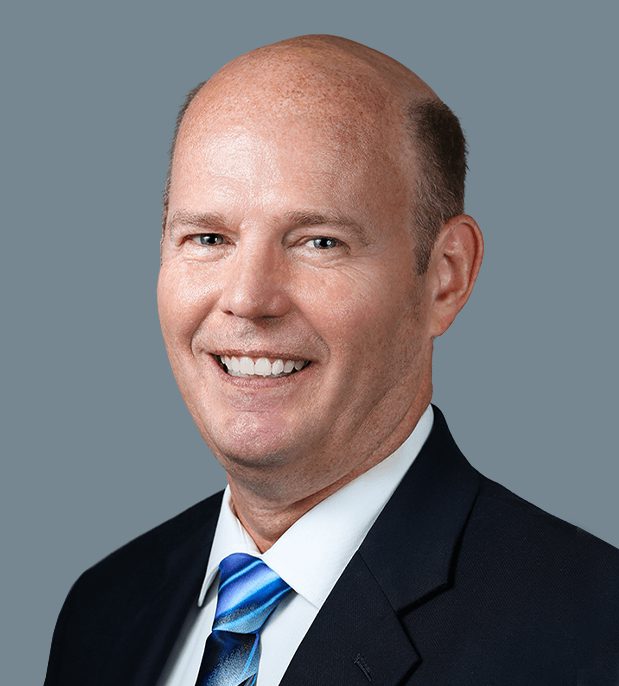
The finalists for WashingtonExec’s 2023 Pinnacle Awards were announced Sept. 25, and we’ll be highlighting some of them until the event takes place live, in-person Nov. 16.
Next is Larry Schaefer, CEO of QTC (a Leidos company), and Healthcare Executive of the Year, Public Company category finalist. Here, he shares proud organizational moments and primary focus areas going forward.
What are you most proud of having been a part of in your current organization?
Since QTC is a mission-driven organization, I’m most proud of the difference we make in the lives of those we serve. Since I’ve been with QTC, we’ve performed over 13 million medical appointments supporting our customers. The services are wide-ranging ⏤ from supporting veterans in their process for receiving benefits due to health conditions incurred from military service to supporting the U.S. Secret Service and FBI agents in their annual physicals as well as supporting individuals with health conditions eligible for supplemental security income or other benefits to help them. Each of these services make meaningful differences for those individuals. I’m also proud of our team. We work very hard to improve each day in our ability to make those differences.
What are your primary focus areas going forward, and why are those so important to the future of the nation?
We have a few key focus areas going forward. First, we will continue our improvement efforts for all existing customers to ensure we are helping them with success in their missions. Another major focus for us is to grow our support of health care in rural communities. Our rural campaign started about 6 years ago with efforts to develop solutions for mobile service delivery in rural locations throughout the United States. In 2023, we are on pace to perform over 2,500 events supporting our customers in rural locations. This is important for the nation as we know many rural communities are underserved for health care needs and in many locations this issue is getting worse.
Other aspects of rural health care we are working to improve include the coordination of care in rural communities, remote monitoring for chronic health conditions, and improvement of the transfer of medical records between systems to support care for citizens in rural areas.

